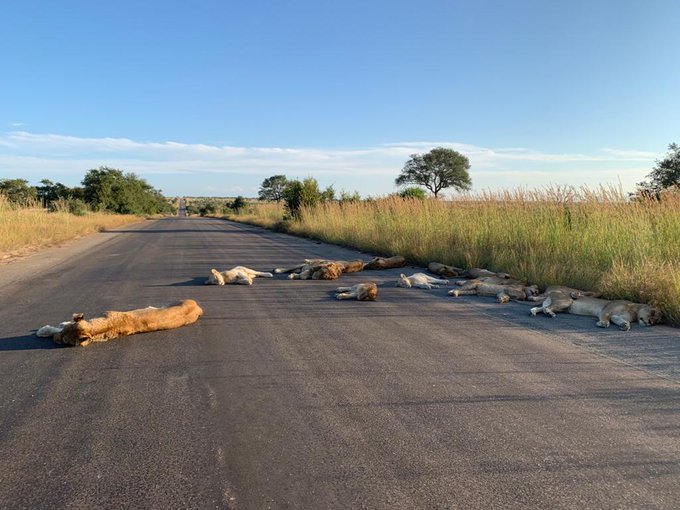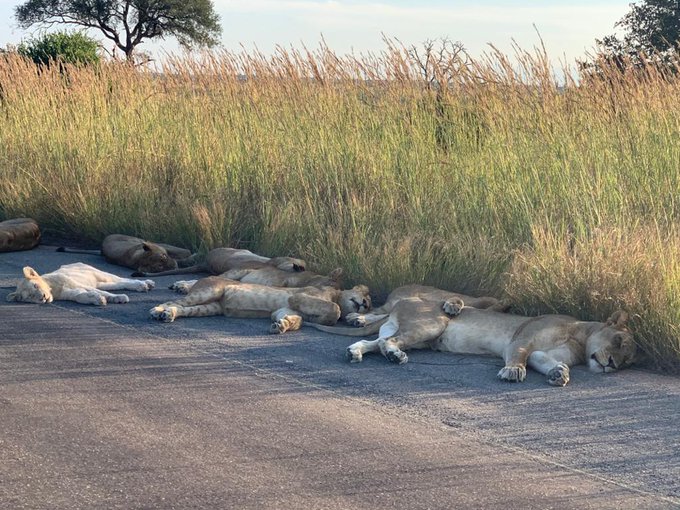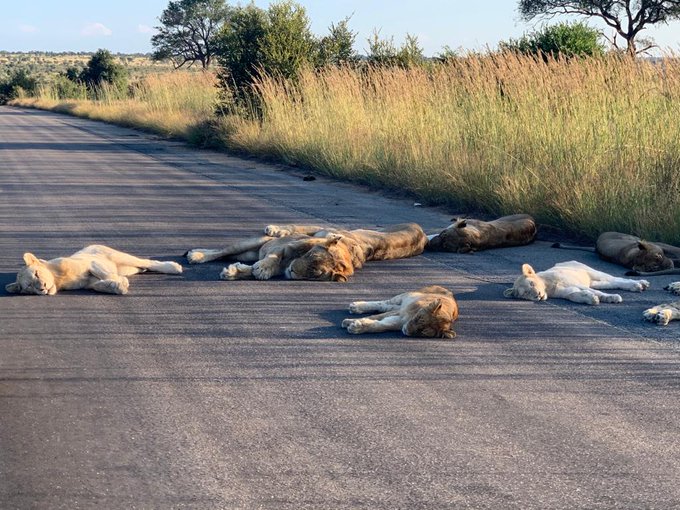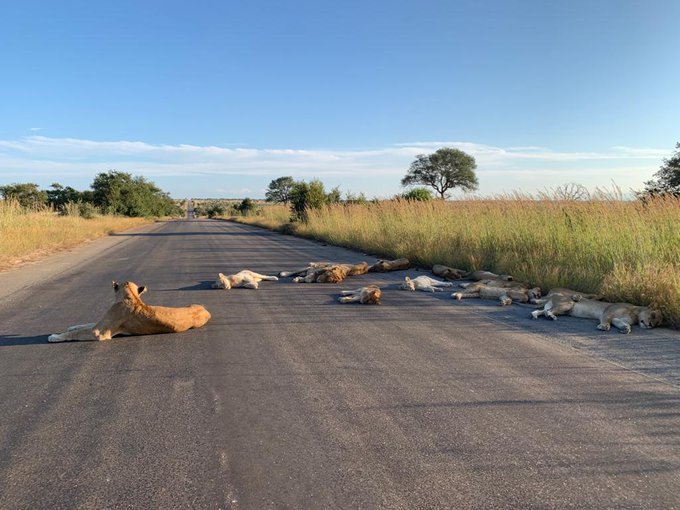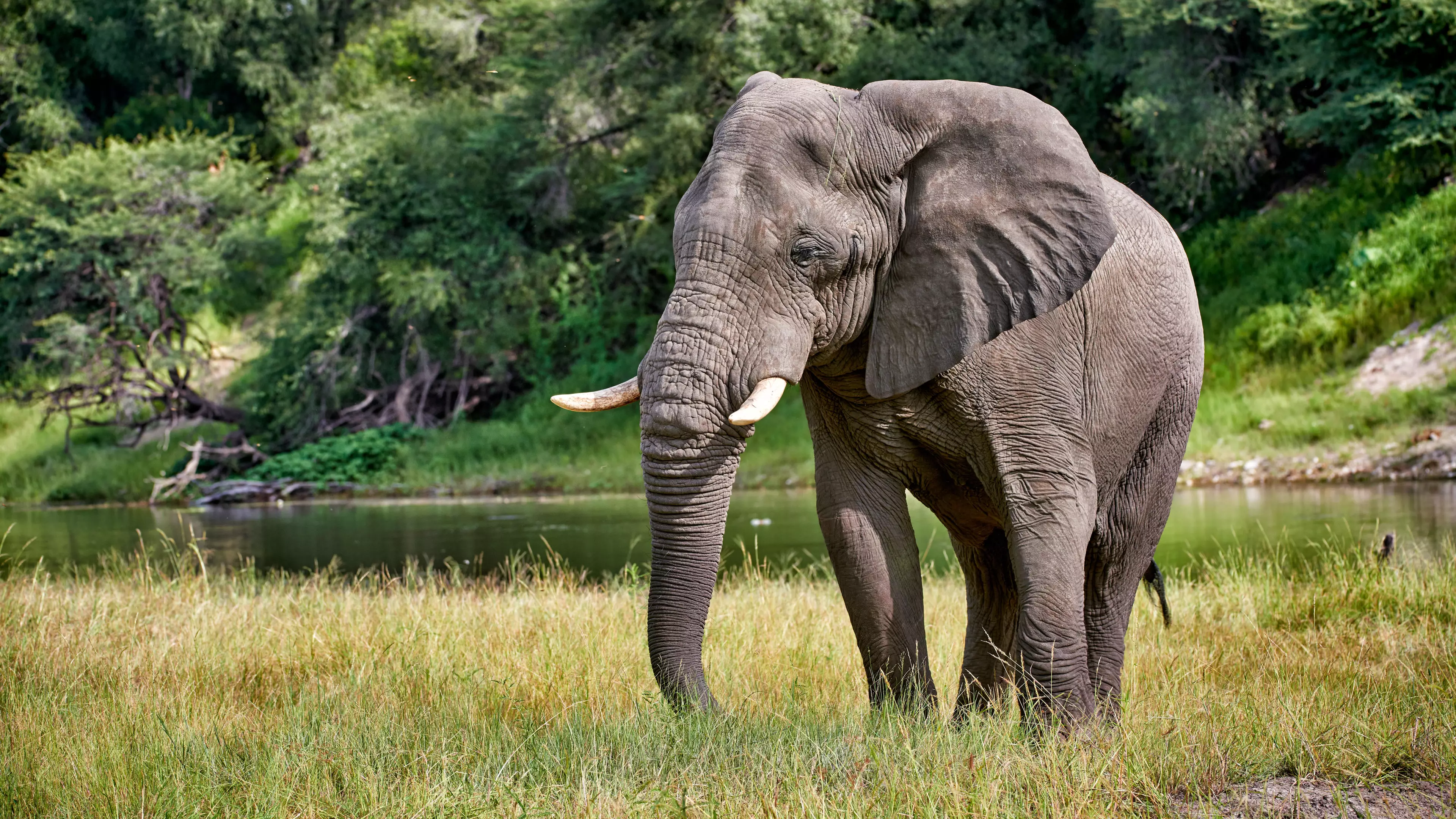
A suspected poacher has been trampled to death by an elephant in South Africa, according to AFP.
The man's mangled body was discovered on Thursday (21 October) at Kruger National Park (KNP) during an intelligence operation aimed at tackling poaching.
The elephant didn't damage the man's mobile phone though, which has been handed over to police in a bid to track down his accomplices.
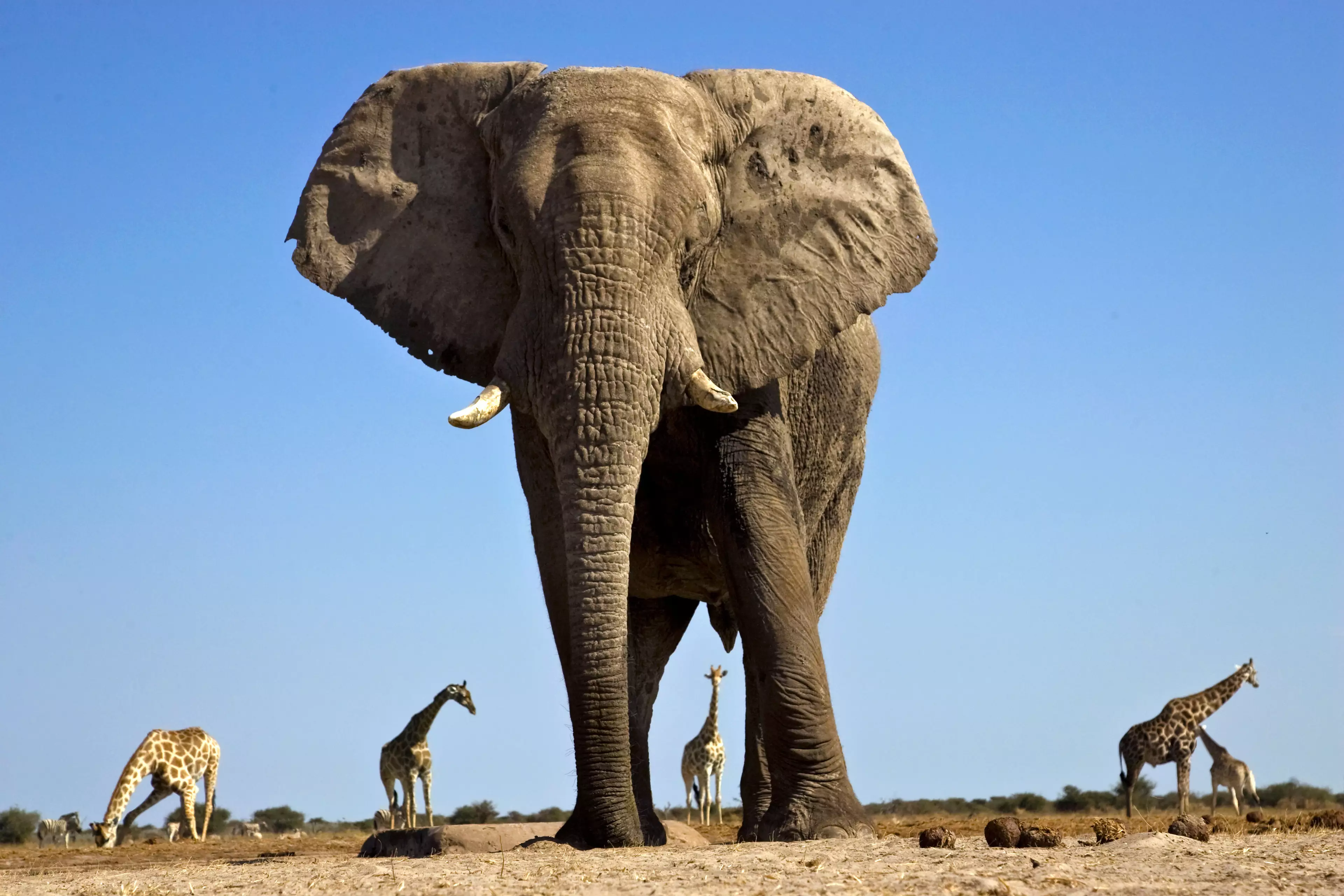
Park spokesperson Isaac Phaahla said: "Initial investigations suspect that the deceased was killed by an elephant and left behind by his accomplices."
Advert
He added: "No animal was killed in the immediate vicinity.
"KNP management continues to warn poachers that it is dangerous to hunt illegally in the KNP.
"Criminals stand to lose their lives and freedom."
Indeed, Isaac said that last year another suspected poacher was eaten by lions, and only his skull was found.
Advert
The vast park is hugely popular with tourists, but last year during Covid-19 lockdown restrictions, lions exploited the peace and quiet by laying out on the roads.
Isaac told CBS News: "They are nocturnal animals and it is not unusual for them to sleep during the day, what is unusual is the utilisation of the tarred road because normally if there is traffic, they would not be using the tarred road."
Photos of the dozing animals were uploaded by the park's social media team after being snapped by Section Ranger Richard Sowry.
Richard told BBC News that he was desperate to get closer to the lions however knew they would scamper off if they saw him approaching.
Advert
"Lions are used to people in vehicles," he said. "All animals have much more of an instinctive fear of people on foot, so if I had walked up they would never have allowed me to get so close."
Featured Image Credit: AlamyTopics: south africa, Elephant, Animals
